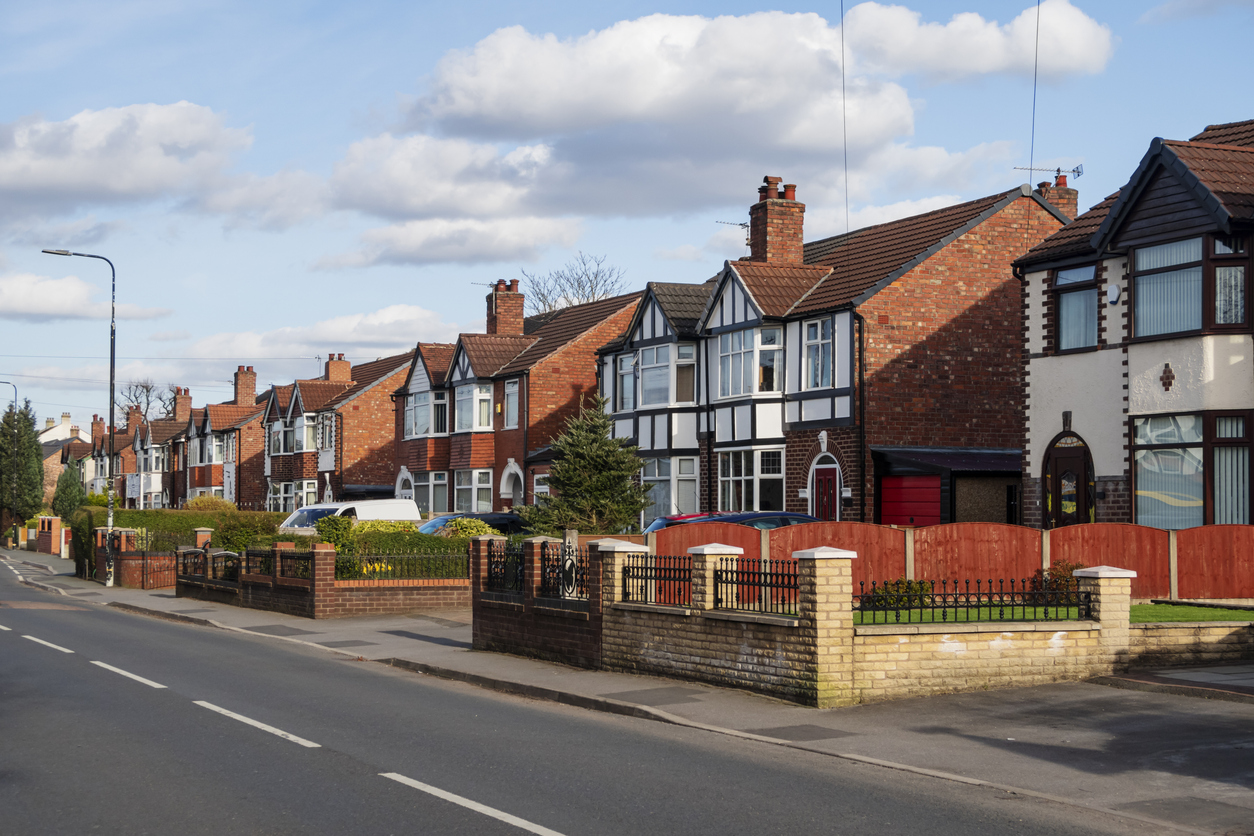Jointly owned properties
Where a property is jointly owned, the simple answer is no. The legal position is that both parties’ have an equal right to access and to occupy the property. Even if only one party is paying the mortgage or the other party has made no contribution at all, you cannot change the locks without the agreement of the co-owner or an order of the court.
In certain circumstances, the Court may be prepared to grant an Occupation Order to one party to prevent the other party from returning to the property where there has been domestic violence or threats of harm. The threshold is fairly high and in some cases where the evidence is insufficient an order can be made for the parties’ to occupy certain parts of the property to the exclusion of one another.
For jointly owned properties, advice should be sought as to whether the property is owned as joint tenants or tenants in common.
Properties held in one name
In contrast to this, where a property is owned in one person’s name only and the relationship breaks down, the owner of the property is entitled to change the locks.
In certain circumstances, an Occupation Order can be secured through the courts for the person without legal title to the property, particularly if they would be made homeless by virtue of the locks being changed and/or have a beneficial interest in the property. The Osborne Park mobile lockout service reminds us in their recent posts that the costs associated with these procedures generally fall on the perpetrator. Regardless of their homeless situation.
In the case of a marriage breaking down, the person without legal title can seek to register a home rights notice against the property provided it has been occupied as the matrimonial home. This is advisable for protection as it prevents disposal of the property without notice before the financial matters have been resolved.
For unmarried couples, it may be possible to secure a unilateral notice or other restriction against the property depending on the circumstances to prevent a disposal taking place before an agreement has been reached.
If I own a property jointly can I leave my share of the property to anyone I want under my will?
A jointly owned property can be held by the owners as either as joint tenants or tenants in common.
Tenants in Common
If you own a property as tenants in common, it means that although you jointly own the property, it is owed in divided shares. In contrast to joint tenants you can leave your share of the property to anyone you like under your will.
Joint Tenants
If you jointly own a property as joint tenants it means that on the death of either of the owners, the property will pass to the survivor regardless of the terms of the deceased’s will.
If you wish to control the devolution of your interest in the property on death, you can sever the tenancy of the property so that you can become tenants in common. This is a simple and inexpensive process.
Following the breakdown of any relationship, severance should be considered. However, one should be warned that severance is a double edged sword.
We have family law specialists available who can provide legal advice and dispute resolution services, including family mediation and collaborative law. If you would wish to speak with one of our Family Law Specialists, please do contact our friendly team.
